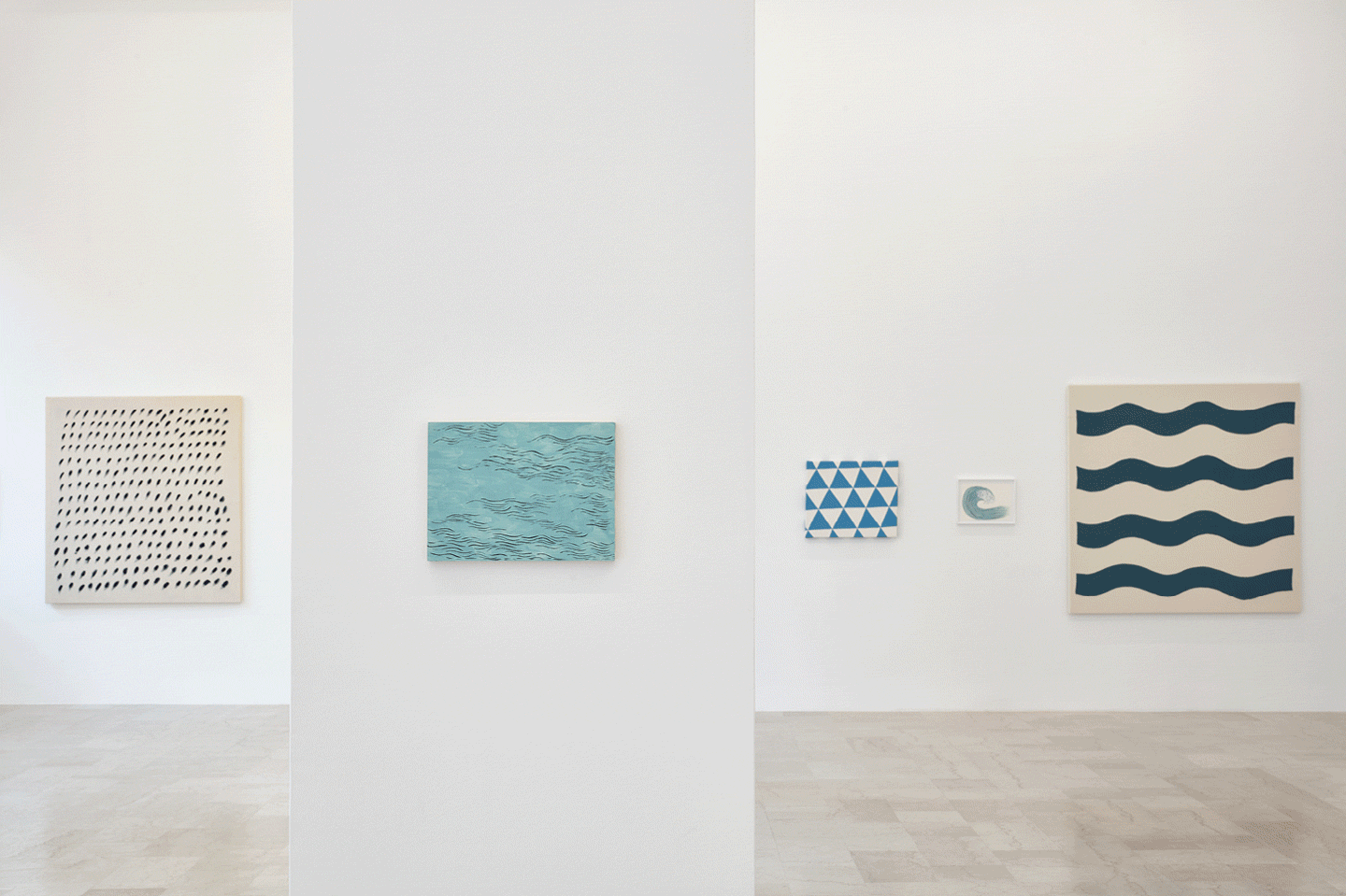Drawings for Myself
February 1–March 23, 2024
Via Azzo Gardino 9
40122 Bologna
Italy
Hours: Tuesday–Saturday 10am–2pm,
Tuesday–Saturday 3–7pm
T +39 051 484 7957
info@p420.it
P420 is pleased to announce the second solo exhibition in the gallery of Adelaide Cioni (Bologna, 1976, lives and works between Spoleto and London).
“Once I was very nervous. Here I am on a new path: I put an apple on the table. Then I enter the apple. What peace!” —Henri Michaux
The exhibition, which takes place in the gallery’s two rooms, presents previously unseen works through which the Bolognese artist welcomes and invites us into an immersive environment. The leitmotif is a reflection on approximation in both a physical and conceptual sense. Physical approximation—to the work, to a person, to a place—is an approach to the object and its understanding, but at the same time the concept of approximation shuns the very possibility of completeness, of perfection. Andrea Cortellessa writes in this regard in the critical text, “Adelaide Cioni has always—first translating literary texts, then ‘translating’ the world of phenomena into that of signs—reflected on approximation as a key element of our being in language […] ‘Abstracting’ then gives us the illusion of being less imprecise.”
In the first room, various works of different shapes, sizes and techniques focus on the sea, unfolding along a line that embraces the whole room. Elusive subject par excellence, painters have never stopped trying to portray the sea. In relation with the visual discourse developed by the pictorial works, there is a sound work: Cioni reads the short story “Pip adrift” by Rick Moody, which she translated in 2004 for minimumfax. It is the story of Pip, a character from Moby-Dick, the cabin-boy who falls overboard and is left in the water for hours before being rescued by the rest of the crew. By the time they pull him up, Pip has lost his wits, his orientation, his sense of time, in a sense he has liquefied and has become one with the sea.
And it is Pip who comes with us in the second room, where Cioni makes a site-specific installation consisting of a large sheet of painted fabric that completely envelopes the space. This confirms a way of working with space that is transformative and immersive, which the artist had first presented in her recent solo exhibition at Mimosa House, London. In this totally altered space, two wild and almost monstrous flowers are next to everyday objects and works related to the artist’s current research on the recurrence of abstract decorative motifs and their modulation and propagation in space. These are works that expand and take the concept of painting outside its classical canon. Cioni writes:
“Drawings for myself is an attempt to create an airtight environment where the pressures of the outside world are shut out, a room that I carry around with me, which I can enter whenever I want. They are thoughts and questions I’ve been investigating for some time now, images I wanted to put out so I could look at them and question them. These include the sea, translation, the voice, objects, the body, geometry, space. It’s all quite abstract. But everything has a physical form. Drawings for myself has a lot to do with wasting time, with not being productive but speculative, with the pleasure of the fullness and physicality of things, but also with the anguish of not understanding how to draw the sea. Or rather to understand that it is utterly impossible to do so, and that everyone who has tried, even the great masters, even Monet, even Matisse, have only sketched an idea of the sea, and no one has been able to really portray it. So I thought the sea is that thing you can only approximate, just as you can only approximate what you would like to say.”
Adelaide Cioni studied drawing at UCLA, Los Angeles, and graduated in sculpture from the Academy of Fine Arts in Rome (2015). Between the two, she majored in contemporary history, earned a master’s degree in literary translation, and for ten years translated American literature (John Cheever, David Foster Wallace, Lydia Davis, among others). In 2012, having finished translating John Cheever’s diaries, she decided to devote herself to art practice. Her work moves at the intersection of painting, fabric and performance, and always revolves around drawing.


